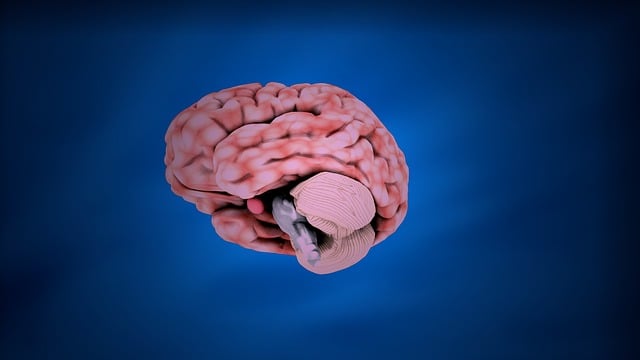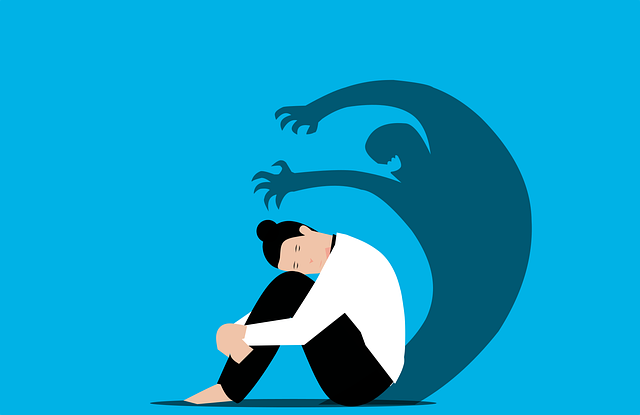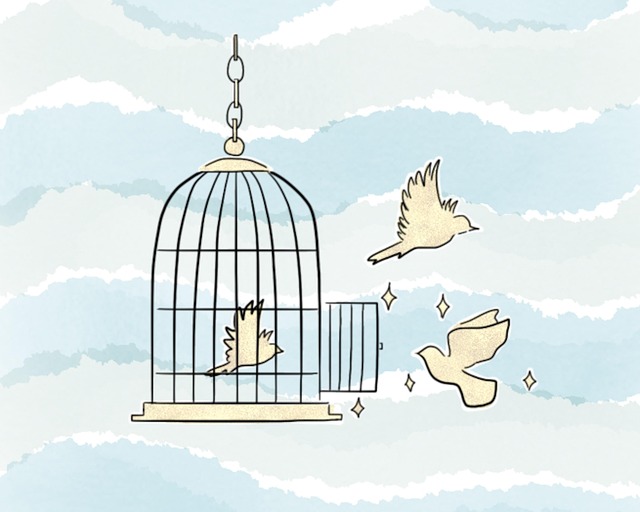Stress management is crucial for mental and physical well-being. Chronic stress, triggered by work pressure, financial worries, or trauma, can lead to anxiety, depression, sleep disturbances, and weakened immunity. Wheat Ridge Mindfulness Therapy offers a holistic approach using mindfulness practices like meditation, breathing exercises, and body scans to cultivate present-moment awareness and emotional regulation, enhancing resilience. CBT techniques integrated into this therapy challenge negative thought patterns and teach detachment from stressors. Lifestyle changes, alternative therapies, and mental health education programs also play vital roles in stress reduction, promoting overall well-being and healthier coping mechanisms.
Stress reduction is essential for overall well-being, impacting both mental and physical health. This article explores various effective methods to combat stress, from understanding its root causes to practical techniques like Wheat Ridge Mindfulness Therapy, a holistic approach that has gained popularity for its transformative effects. Discover cognitive behavioral techniques, lifestyle changes, and alternative therapies to create a personalized strategy for a calmer mind in today’s fast-paced world.
- Understanding Stress: Its Causes and Impact
- Wheat Ridge Mindfulness Therapy: A Holistic Approach
- Cognitive Behavioral Techniques for Stress Relief
- Lifestyle Changes to Reduce Daily Stressors
- Alternative Therapies for a Calmer Mind
Understanding Stress: Its Causes and Impact

Stress is a complex response that arises from various triggers and can significantly impact our overall well-being. It’s essential to recognize that stress isn’t always negative; a certain level of stress can be motivating, often referred to as ‘eustress’, helping us stay focused and energized. However, when stress becomes chronic or overwhelming, it can take a toll on both mental and physical health. This is where understanding its causes becomes crucial. Factors like work pressure, financial concerns, relationship issues, or even traumatic events can contribute to heightened stress levels.
The impact of prolonged stress includes increased anxiety, depression, difficulty concentrating, and even physical ailments such as insomnia, headaches, and a weakened immune system. In today’s fast-paced world, where demands are ever-present, practicing self-care becomes vital. Wheat Ridge Mindfulness Therapy, for instance, offers effective strategies to navigate these challenges, emphasizing the development of self-awareness exercises and self-care routines for better mental health. Public Awareness Campaigns Development can also play a significant role in educating folks about stress management, providing tools and techniques to mitigate its adverse effects.
Wheat Ridge Mindfulness Therapy: A Holistic Approach

Wheat Ridge Mindfulness Therapy offers a holistic approach to stress reduction, focusing on cultivating present-moment awareness and emotional regulation. This method goes beyond traditional talk therapy by incorporating mindfulness practices such as meditation, breathing exercises, and body scans into daily routines. By integrating these techniques, individuals can develop a deeper understanding of their thoughts and emotions, fostering resilience in the face of life’s challenges.
In today’s fast-paced world, mental health professionals are increasingly recognizing the importance of self-care and burnout prevention strategies. Wheat Ridge Mindfulness Therapy provides powerful tools for risk management planning, encouraging practitioners to prioritize empathy building within their own practices. Through enhanced mindfulness, professionals can better serve their clients while maintaining a healthy work-life balance, thereby reducing the risks associated with prolonged stress and emotional exhaustion.
Cognitive Behavioral Techniques for Stress Relief

Cognitive Behavioral Techniques (CBT) have emerged as powerful tools for managing and reducing stress. These methods focus on identifying and challenging negative thought patterns that contribute to heightened stress levels. By modifying these thoughts, individuals can gain a more balanced perspective, leading to improved emotional well-being. CBT encourages active participation in one’s mental health, teaching practical strategies to cope with stressful situations.
Wheat Ridge Mindfulness Therapy incorporates cognitive behavioral principles, combining them with mindfulness practices. This approach involves learning to observe and accept thoughts without judgment, fostering a sense of detachment from stressful triggers. Compassion Cultivation Practices, another effective method, teaches individuals to cultivate self-compassion and extend kindness towards themselves during challenging times. Incorporating these techniques into daily routines can significantly enhance one’s ability to navigate life’s stresses, ultimately improving overall mental health and resilience.
Lifestyle Changes to Reduce Daily Stressors

Making lifestyle changes is a powerful tool to reduce daily stressors and promote overall well-being. Incorporating regular physical activity, maintaining a balanced diet, and prioritizing adequate sleep can significantly impact stress levels. These simple yet effective habits not only enhance your physical health but also provide an excellent foundation for mental resilience. For instance, engaging in activities like yoga or meditation, which are accessible through services like Wheat Ridge Mindfulness Therapy, offers a peaceful sanctuary from the hustle and bustle of daily life, fostering relaxation and reducing anxiety.
Additionally, identifying and implementing effective conflict resolution techniques can help manage stressors related to interpersonal relationships. Traumatizing experiences also require specialized support, which can be found through Trauma Support Services tailored to address specific needs. Mental Health Education Programs Design can further equip individuals with the knowledge and skills to navigate life’s challenges, fostering a sense of control and empowering them to adopt healthier coping mechanisms in the long term.
Alternative Therapies for a Calmer Mind

In addition to traditional methods like exercise and deep breathing, alternative therapies offer a serene path toward stress reduction. Wheat Ridge Mindfulness Therapy, for example, focuses on cultivating present-moment awareness and non-judgmental acceptance, enabling individuals to navigate life’s challenges with greater equanimity. By integrating practices such as meditation and mindful movement, this approach helps to calm the mind and foster self-awareness exercises that strengthen emotional resilience.
Beyond individual practices, communication strategies play a pivotal role in stress management. Open and honest dialogue, whether at home or in the workplace, can defuse tensions and promote positive thinking. When coupled with mindfulness techniques, these communication strategies create a ripple effect of calmness, fostering healthier relationships and a more balanced lifestyle.
In exploring effective stress reduction methods, from understanding the root causes and impacts of stress to examining various therapeutic approaches like Wheat Ridge Mindfulness Therapy, cognitive behavioral techniques, lifestyle changes, and alternative therapies, it’s clear that a holistic, multi-faceted strategy is key. By integrating these strategies into daily routines, individuals can cultivate resilience, enhance overall well-being, and achieve a calmer, more balanced mind.












